
The European Green Deal strives to transform Europe into the world’s first carbon neutral continent by 2050: a commitment, which will necessitate significant transformations across all sectors of the economy. For the transport sector, which accounts for a quarter of the EU’s total greenhouse gas emissions, meeting this ambition will require a 90% reduction in CO2 emissions by mid-century. The recently published Sustainable and Smart Mobility Strategy stresses that ‘greening mobility must be the new license for the transport sector to grow’. While a number of measures will need to be considered, ranging from pricing, to regulation, and a rethinking of mobility needs, this panel will explore the role of modal shift in placing the sector on a firm path to sustainable and smart mobility.
The shift of passenger and goods traffic away from less environmentally sound modes, such as road in particular, but also aviation, towards the greenest modes, namely rail and inland waterways, constitutes a central pillar of the EU transport decarbonisation strategy. In fact, the EU’s modal shift strategy sets out that rail freight traffic should increase by 50% by 2030 and double by 2050, whereas transport by inland waterways and short sea shipping should increase by 25% by 2030 and by 50% by 2050. This, in turn, will require measures to manage better, and to increase the capacity of railways and inland waterways, which the Commission will propose by 2021. To advance the delivery of these objectives, the Commission has declared 2021 as the European Year of Rail.
In addition to supporting greening objectives, a shift to rail and inland waterway vessels can ease congestion on roads, lower the pressure on road infrastructure by taking over the heaviest loads and reducing the risks linked to transporting dangerous goods. Yet, the progress achieved to date in the Member States remains insufficient, and the share of rail freight stagnates around 18%. While the COVID-19 pandemic has brought about unprecedented challenges for the entire transport sector, it has also brought to light more prominently the higher safety and reliability of rail freight, where rail has offered efficient cross-border cargo connections carrying large volumes of essential goods and medical supplies using minimal human resources. The post-COVID-19 period, furthermore, offers a unique opportunity for railway undertakings to tap into the unused potential and develop more rail passenger services, especially in cross-border contexts. Night trains could increasingly compete with short haul flights and stimulate European tourism in the recovery phase.
This panel discussion, hosted by FSR-Transport under the framework of the European University Institute’s annual flagship conference The State of the Union (SOU), brings together EU policy makers and industry experts for a timely debate on the technical and regulatory barriers, as well as the possible solutions and legislative opportunities to turn the EU’s modal shift objectives into reality.
The State of the Union conference, organised by the European University Institute (EUI), is an annual event for high-level reflection on the European Union, renowned for fostering global connections and conversations, disseminating expert knowledge and providing excellent networking opportunities in the beautiful setting of Florence.
Celebrating its tenth anniversary, the 2021 edition of the conference will address the theme ‘Europe in a Changing World.’ The focus will be on the challenges and opportunities for Europe amidst rising concerns over global commons and the climate emergency, a shifting economic and geopolitical power balance, major challenges to multilateralism, and the ongoing global battle against COVID-19. Europe’s role on the global stage will be tackled across sessions on artificial intelligence, climate, geopolitics, the global economy, multilateralism, peace and human rights, public health, and strategic autonomy.
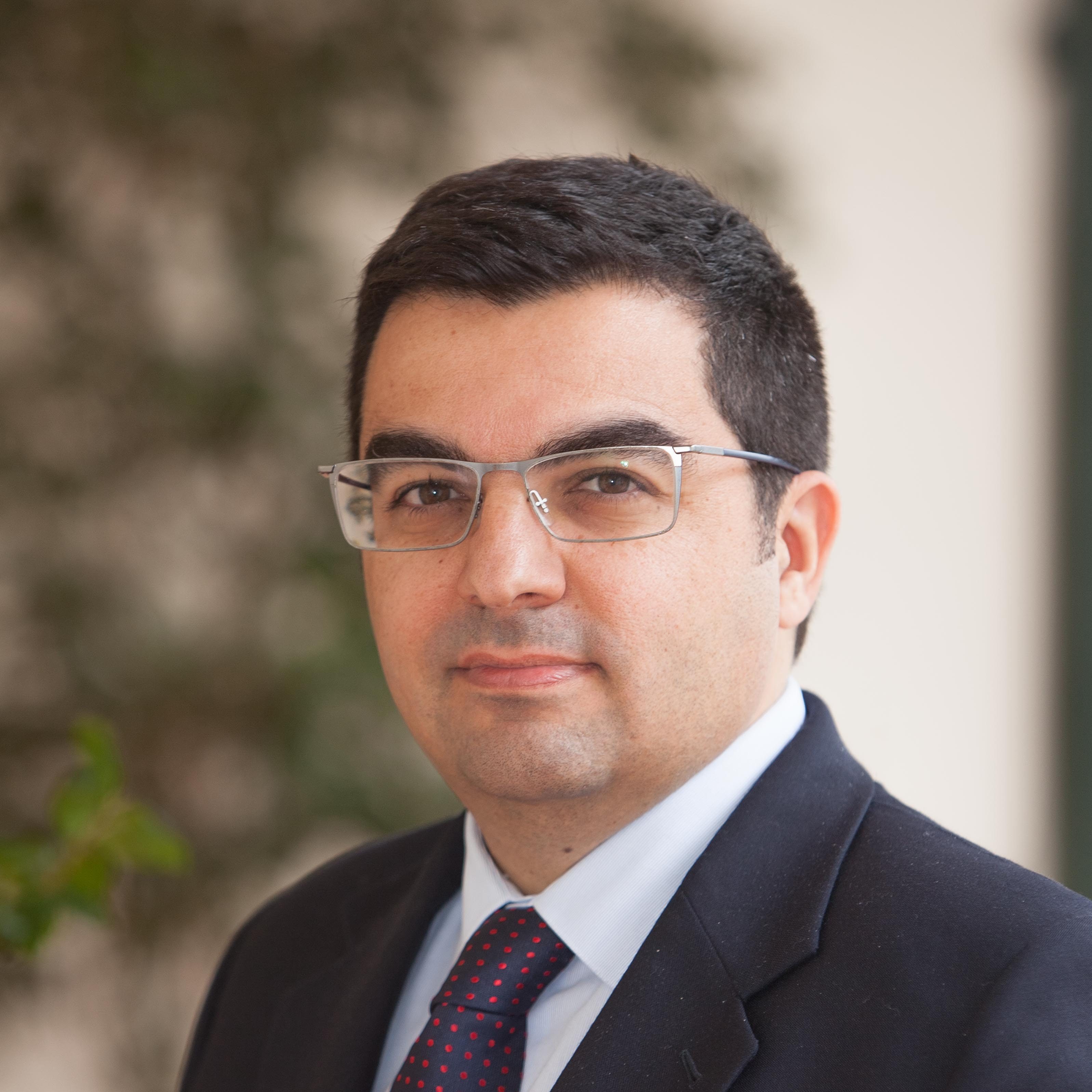
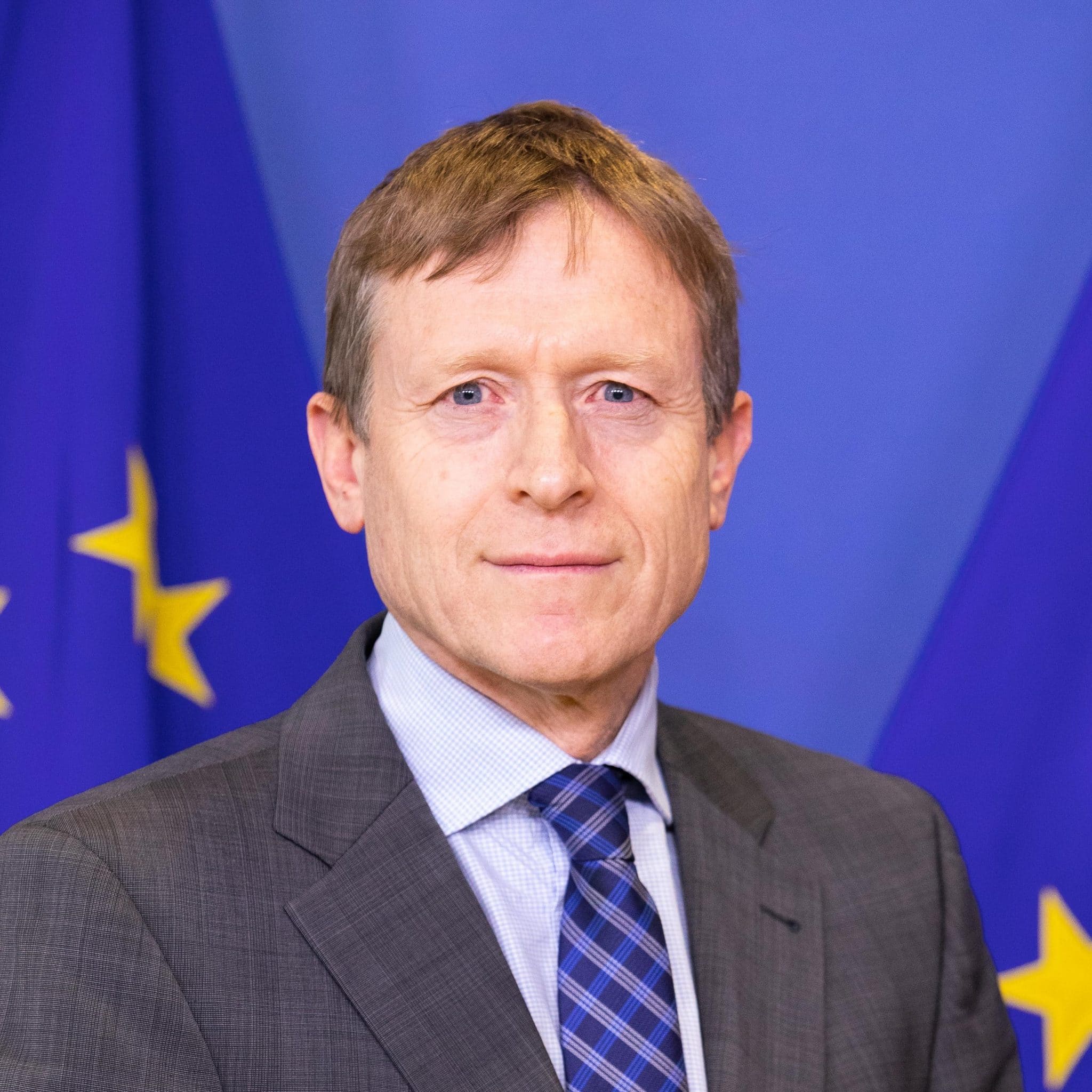
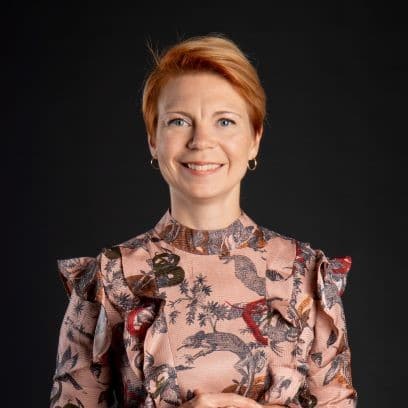
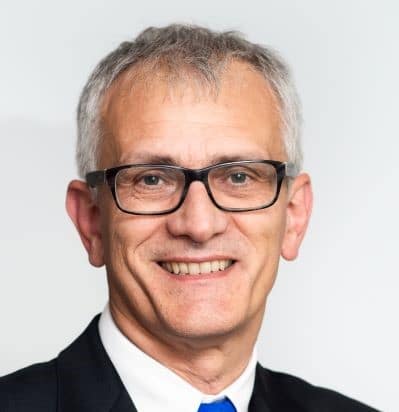
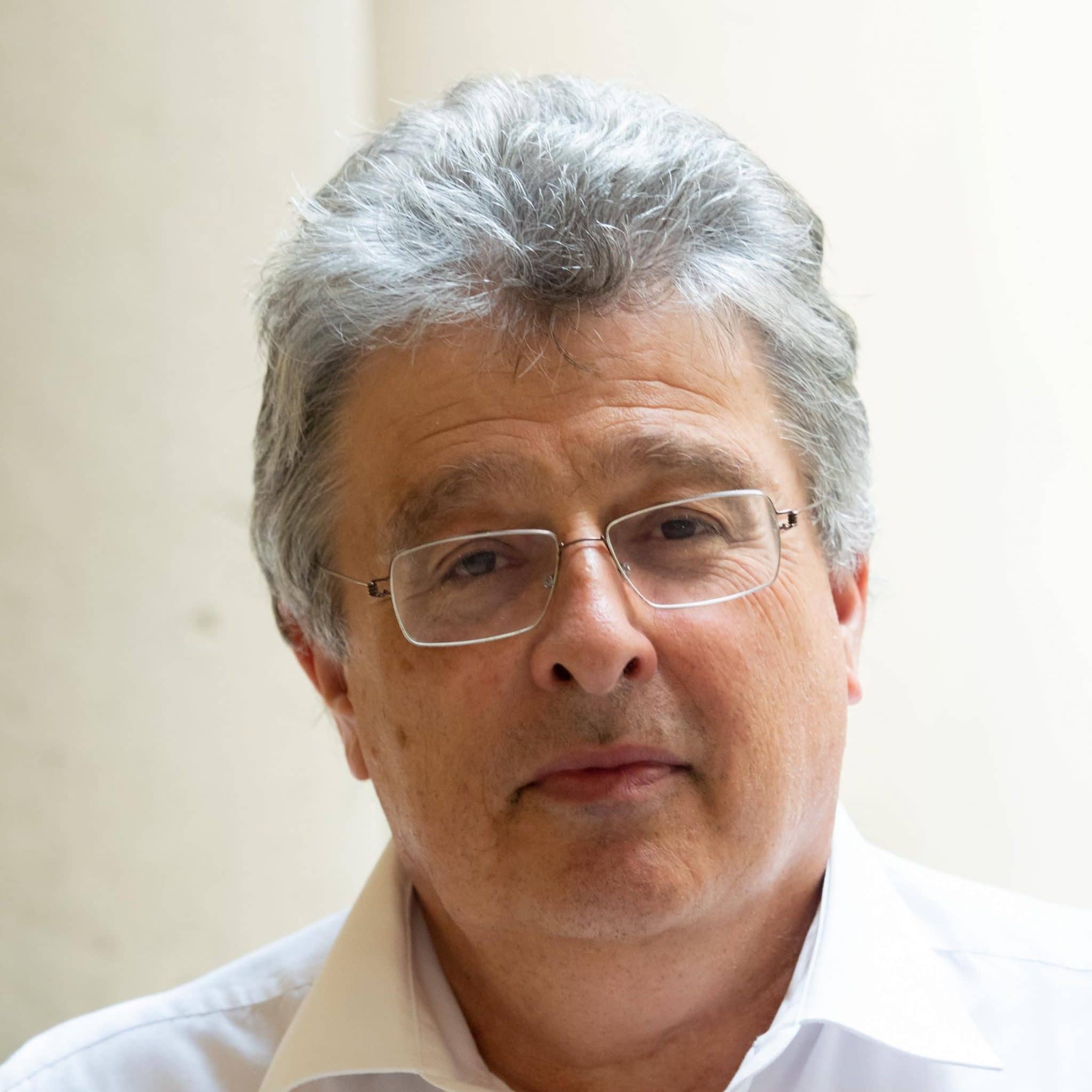
To meet, discuss and learn in the channel that suits you best.